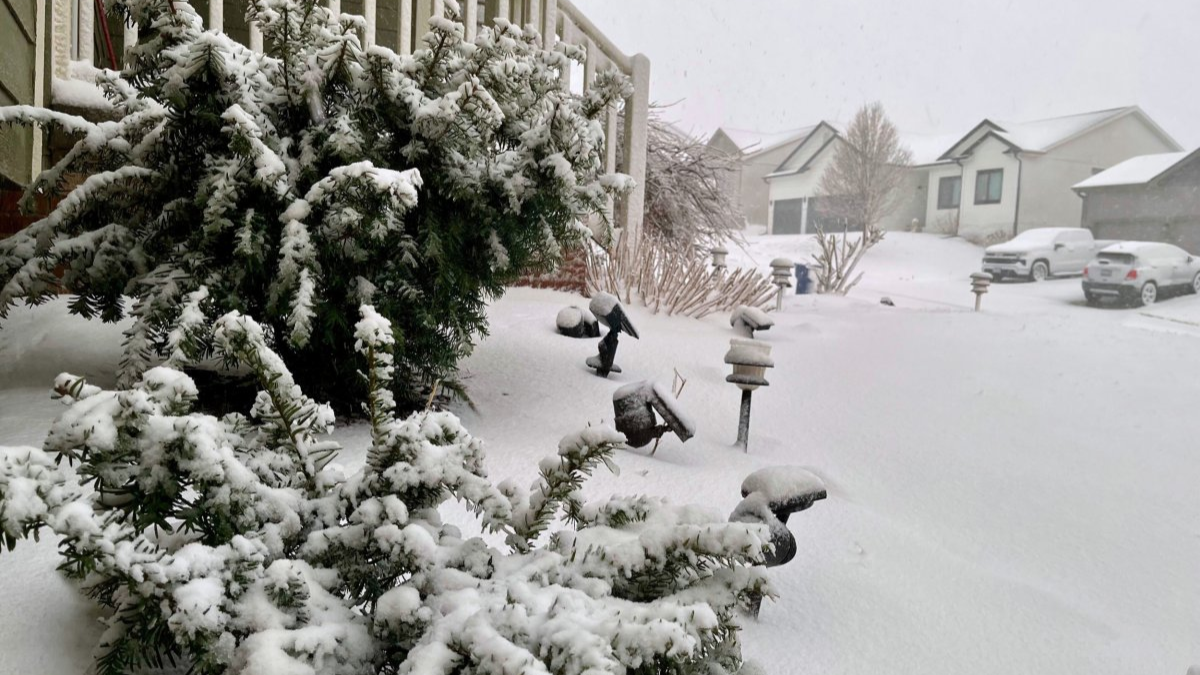Alabama is facing a significant cold snap as a powerful Arctic blast moves through the region, bringing freezing temperatures that pose risks to homes, crops, and public safety. The National Weather Service (NWS) has issued a freeze warning across multiple counties, urging residents to take precautions as temperatures plunge well below normal levels.
This sudden and severe cold front has sparked concerns among farmers, homeowners, and emergency officials alike.
Freezing Temperatures Expected to Grip the State
Meteorologists predict that temperatures will drop into the mid-20s in several parts of Alabama, with some areas experiencing even colder conditions. These freezing temperatures could lead to widespread frost, endangering plants and crops while increasing the likelihood of frozen pipes and power outages.
The NWS warns that frost and freeze conditions can kill sensitive vegetation and damage unprotected pipes. Residents are encouraged to take necessary steps to prevent pipe bursts by insulating their plumbing and allowing faucets to drip overnight. Pet owners should also ensure their animals are brought inside or provided with insulated shelters to withstand the bitter cold.
Farmers Face Significant Agricultural Risks
Alabama’s farming community is on high alert as the freeze warning threatens to devastate crops, particularly early-season fruits and vegetables. Strawberries, citrus fruits, and leafy greens are especially vulnerable to frost damage, potentially leading to significant financial losses for local farmers.
“This kind of cold is always a challenge for growers,” said John Thompson, a farmer in Montgomery. “We’re working around the clock to protect our crops by covering them with frost blankets, using heaters, and irrigating where possible to provide insulation.”
The Alabama Cooperative Extension System has advised farmers to take proactive measures to mitigate losses. Recommendations include using thermal covers, irrigating fields before the freeze, and employing wind machines to help circulate warmer air near crops. However, despite these efforts, some losses are inevitable, raising concerns about potential supply chain disruptions and price increases for fresh produce.
Increased Energy Demand and Utility Concerns
As the temperatures plummet, energy consumption is expected to surge as residents crank up their heating systems. Alabama Power and other utility providers are preparing for the increased demand and urging customers to use energy efficiently to prevent excessive strain on the grid.
“Setting thermostats at a reasonable temperature, sealing drafts, and using layered clothing indoors can help reduce energy usage while keeping homes comfortable,” said an Alabama Power spokesperson. “We also encourage residents to avoid overloading space heaters and to follow safety guidelines to prevent fire hazards.”
Fire departments across the state have issued warnings about the dangers of using alternative heating methods, such as ovens or open flames, which can lead to house fires or carbon monoxide poisoning. Residents are advised to use space heaters safely by keeping them away from flammable materials and never leaving them unattended.
Icy Roads and Travel Safety Precautions
With freezing temperatures comes the risk of icy roads, particularly on bridges and overpasses. The Alabama Department of Transportation (ALDOT) is monitoring road conditions and deploying salt and sand trucks to help prevent dangerous ice buildup.
“Drivers need to exercise extreme caution, especially during early morning hours when black ice is most prevalent,” said Officer Mark Wilson of the Alabama Highway Patrol. “If travel is necessary, reduce speeds, increase following distances, and avoid sudden braking.”
Authorities advise motorists to stay updated on road conditions, carry emergency supplies in their vehicles, and avoid unnecessary travel until temperatures rise above freezing.
Essential Tips for Freezing Weather Preparedness
As Alabama residents brace for the severe cold, taking the following precautions can help minimize risks and stay safe:
- Protect Your Pipes: Insulate exposed pipes, leave faucets dripping overnight, and keep cabinet doors open to allow warm air to circulate around plumbing.
- Safeguard Plants and Crops: Cover sensitive plants with frost blankets, move potted plants indoors, and use irrigation techniques to provide insulation.
- Ensure Pet Safety: Bring pets inside or provide adequate outdoor shelters with insulated bedding and fresh water.
- Conserve Energy: Keep thermostats at a moderate temperature, use blankets and layered clothing for warmth, and unplug unnecessary electronics.
- Monitor Weather Updates: Stay informed through the National Weather Service and local emergency management agencies for the latest forecasts and advisories.
- Prepare for Power Outages: Have flashlights, extra batteries, and non-perishable food items on hand in case of extended power failures.
When Will the Freeze Warning End?
Forecasters predict that the deep freeze will persist for at least 48 hours before a gradual warming trend begins. By midweek, daytime highs should return to more seasonal levels, alleviating concerns about extended cold exposure. However, another cold front could be on the horizon, and meteorologists urge residents to remain vigilant for future weather alerts.
For continuous updates and official safety recommendations, visit the National Weather Service’s official website.
Disclaimer – Our team has carefully fact-checked this article to make sure it’s accurate and free from any misinformation. We’re dedicated to keeping our content honest and reliable for our readers.
